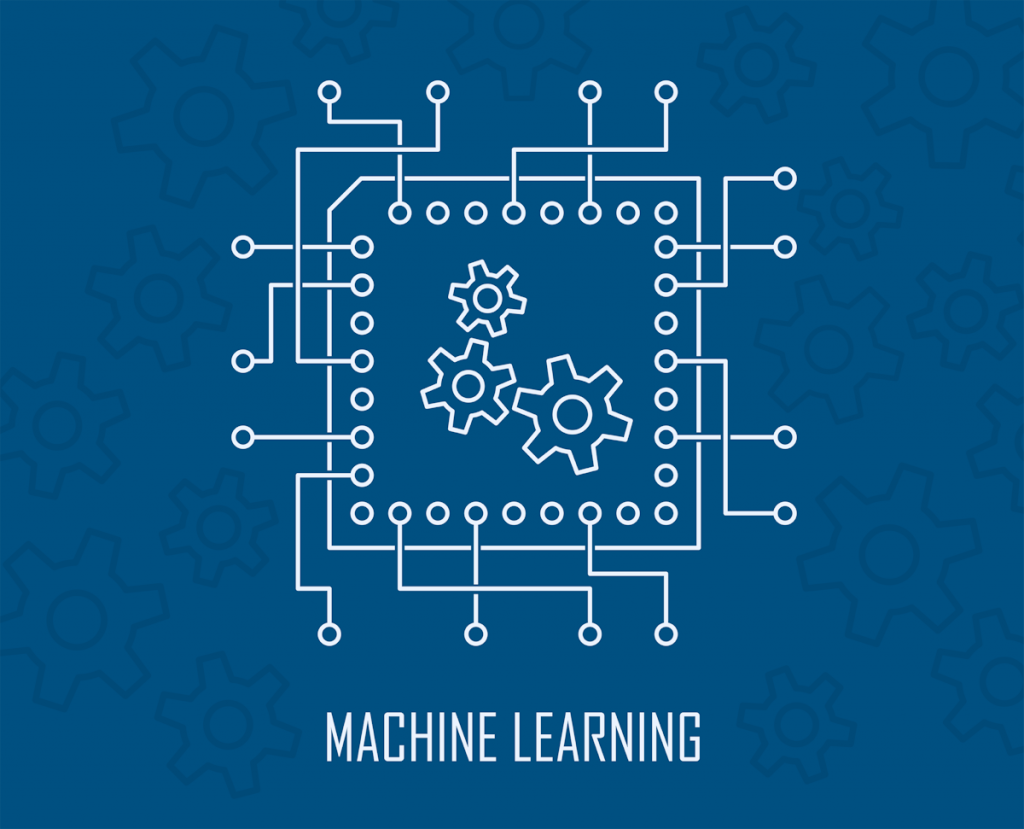Artificial intelligence (AI) is a frequently heard, and oft misunderstood, buzzword in business circles. Eric Siegel (@predictanalytic), a former computer science professor at Columbia University, writes, “A.I. is a big fat lie. Artificial intelligence is a fraudulent hoax — or in the best cases it’s a hyped-up buzzword that confuses and deceives.”[1] Arvind Narayanan (@random_walker), an associate professor at Princeton, asserts, “Most of the products or applications being sold today as artificial intelligence are little more than ‘snake oil’.”[2] Those are harsh assessments. As the Captain of Road Prison 36 (played by Strother Martin) in the 1967 Paul Newman movie “Cool Hand Luke,” said just before beating Luke, “What we’ve got here is failure to communicate.” The problem identified by Siegel and Narayanan is that AI is an umbrella term rather than a technology. Products being sold under the AI rubric use numerous technologies clustered under the AI umbrella that do have real value. Siegel explains, “The much better, precise term would instead usually be machine learning — which is genuinely powerful and everyone oughta be excited about it.”
Why organizations should get excited about machine learning
Analysts from Charter Global note, “In recent years, machine learning has taken the world by storm as more people attempt to automate processes and build their data faster. As a method of analyzing data, machine learning development allows companies to learn from the information they are able to gather without using much human interference. With the artificial intelligence being exposed to more and more data, they can adapt, learn, and produce decisions based off of that data.”[1] Better decision-making is a big deal. Bain analysts, Michael C. Mankins and Lori Sherer (@lorisherer), assert if you can improve a company’s decision-making you can dramatically improve its bottom line. They explain, “We know from extensive research that decisions matter — a lot. Companies that make better decisions, make them faster and execute them more effectively than rivals nearly always turn in better financial performance.”[2]
Charter Global analysts add, “As the world grows and changes, being able to analyze the trends in the market and wants of its users is absolutely crucial for a company to be on top of their industry. Machine learning services, therefore, [are] incredibly important. In fact, almost every single industry is using machine learning in some capacity.” I’m not suggesting your company get involved with machine learning (ML) just because everybody else is doing it. What I’m suggesting is that you find out why everybody else is using machine learning. Like any new technology, making a business case for using machine learning is critical. Charter Global analysts note, “Automating your processes and analyzing data with machine learning can help you do things quicker and more efficiently than your competitors. Some companies even analyze public information about competing firms with their AI, as it can clue them in on what steps that company might be taking in the future. Complex problems are suddenly turned into simple ones as data trends that were previously undetectable, are easy to find with machine learning.”
Getting started with machine learning
As I noted above, the place to start any machine learning project is with a business case. Kimberly A. Whitler (@KimWhitler), an Assistant Professor at the University of Virginia’s Darden School of Business, explains, “Companies today are more often than not starting with the data and seeing what they find. It’s equivalent to finding a needle in a haystack. Start with the business drivers, the fundamentals and the strategy, and work backwards to figure out the best data sets that uncover the insights you need to help steer your direction. The technology that is allowing us to understand big data is great, but only when it’s paired with domain expertise does its true value really come through.”[3] Swami Sivasubramanian (@SwamiSivasubram), Vice President of Amazon AI, agrees the first step is to “identify the right business problems.”[4] He adds, “When evaluating what and how to apply machine learning, you should focus on assessing the problem across three dimensions: data readiness, business impact and machine learning applicability.”
As both Whitler and Sivasubramanian note, machine learning requires data — lots of data. However, in order to achieve desired results, it must be the right data. Whitler explains, “‘Big data’ isn’t as important as ‘smart data’ or the ‘right data.’ Companies are getting excited over the notion of big data, but it’s ultimately only as good as the insights you get out of it.” What constitutes the “right data” is unique for each enterprise. “When it comes to adopting machine learning,” Sivasubramanian writes, “data is often cited as the No. 1 challenge. In our experience with customers, more than half of the time building machine learning models can be spent in data wrangling, data cleanup and pre-processing stages.” At Enterra Solutions®, our experience with clients has been much the same. Sivasubramanian continues, “When starting out, the three most important questions to ask are: What data is available today? What data can be made available? And a year from now, what data will we wish we had started collecting today?” Those are great questions. He concludes, “On top of that, you’ll need to know what data actually matters as part of your machine learning approach. When you plan your data strategy, think about best ways to store data and invest early in the data processing tools for de-identification and anonymization if needed.”
If you are not sure how your company could benefit from machine learning, Kasia Borowska (@KasiaBorowska8), cofounder and CEO of Brainpool.ai, discusses the top three ways companies are currently using machine learning.[5] They are:
1. Automation. “Machine learning can be used to automate a host of business operations,” Borowska writes, “such as document processing, database analysis, system management, employee analytics, spam detection, chatbots. A lot of manual, time consuming processes can now be replaced or at least supported by off-the-shelf AI solutions.”
2. Optimization. According to Borowska, “The reason why machine learning often ends up performing better than humans at a single task is that it can very quickly improve its performance through analyzing vast amounts of historical data. In other words, it can learn from its own mistakes and optimize its performance very quickly and at scale. There is no ego and no hard feelings involved, simply objective analysis, enabling optimization to be achieved with a high efficiency and effectiveness. Popular examples of optimization with machine learning can be found around product quality control, customer satisfaction, storage, logistics, supply chain and sustainability.”
3. Insights. As I noted earlier, better decision-making is one benefit of machine learning. Borowska adds, “Navigating and extracting value from big, disconnected databases containing different types of data on different areas of your organization adds complexity, cost, reduces efficiency and impedes effective decision making. Data management systems can help create clarity and put your data in order. You would be surprised how much valuable information can then be extracted from your data using machine learning. Typical applications in this space include churn prediction, sales forecasting, customer segmentation, personalization, or predictive maintenance.”
Concluding thoughts
Sivasubramanian insists, “No longer an aspirational technology for fringe use cases, machine learning is making meaningful transformation possible for organizations around the world — and can make a tangible impact on yours too.” Charter Global analysts add, “When a company can improve their productivity, efficiency, and the processes by which they make decisions, they are exponentially better prepared to handle more work. As the company scales, their machine learning continues to adapt alongside the business and provide more solutions.”
Footnotes
[1] Charter Global, “Why Machine Learning Should Matter to You?” DC Velocity, 16 September 2020.
[2] Michael C. Mankins and Lori Sherer, “Creating value through advanced analytics,” Bain Brief, 11 February 2015.
[3] Kimberly A. Whitler, “Stop Focusing On Big Data And Start Focusing On Smart Data,” Forbes, 20 August 2019.
[4] Swami Sivasubramanian, “Four steps to accelerate the journey to machine learning,” siliconANGLE, 25 September 2020.
[5] Kasia Borowska, “Top 3 Applications Of Machine Learning To Transform Your Business,” Forbes, 18 August 2020.





